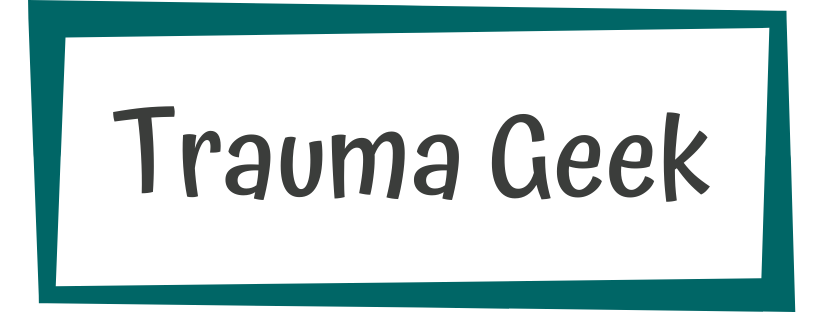Types of Evidence or Ways of Knowing
Whenever I make an informative statement on this page, it is backed by at least one of the following types of evidence
Lived experience (mine or someone else’s)
Scientific research and inquiry
Academic socio-cultural research
Professional/expert opinions
Statistics
Sensory data (things we can see, hear, touch, smell or taste)
Documentary evidence (letters, diaries, personal writings, speeches, interviews, podcasts, blogs, vlogs)
I am interested in exploring truthiness, not just the limited facts that western science has been able to verify.
I like the word truthiness because truth is messy and contradictory and not absolute. Truthy, as an adjective, implies that facts have varying degrees of relative truth.*
What’s wrong with using peer-reviewed research as the ultimate measure of truth?
Cultural biases of racism, ableism, and sexism
Funding/Sponsorship bias
Western Hierarchy of Evidence - rational ways of knowing valued over embodied ways of knowing
*I am not implying that nothing is definitively true or false, but most paradigm shifting scientific info falls somewhere in between. Darwin was not 100% accurate. Gregor Mendel, the Father of Genetics based his theory on guesses that couldn’t be proven in his life time. The nature of scientific theory is that we build functional models to explain observable phenomenon, and sometimes we learn new information that supersedes the old. If we were to discard all information that hasn’t been verified by academia yet, science would not progress.
Where the fields of trauma and neurodivergence are concerned, much of our existing scientific knowledge is in a pre-research stage, informed mostly by lived experience and observable sensory data. The current absence of formal studies or peer-review on these topics says more about our culture’s priorities than it does about the scientific observations in question.
I teach and write through the theoretical lenses of the polyvagal framework and the neurodiversity paradigm. These ideas were developed by blending biology with sociology and cultural theory. These lenses have a lot of functional truthiness for me regardless of peer-review status - their practical applications have allowed many people to heal from trauma. Of course, we might have much better ways of understanding the body in the future, but that possibility is not cause to discard these ideas right now.
You can think of this blog sort of like an information buffet. You get to decide what is of value to you and what you choose to add to your plate of knowledge. If you don’t value a particular dish (or the source of that dish), you don’t have to put it on your plate. I may see something as very truthy and heap it into my plate, but you may see the same thing as questionable and reject it. We do not have to have identical plates. If you prefer your information to only come from peer-reviewed evidence, my information buffet will be a disappointment to you. If you are tired of the gatekeeping that happens at other information buffets, you may enjoy finding info here from a wide variety of sources.
I do my best to make it clear where my info comes from, but please do your own due diligence in looking at what type of evidence is offered for any given fact. On this page, you will find paraphrased and condensed recent research science, my personal insights and observations, and stories from other neurodivergents about their lived experiences. Knowing what type of evidence the idea is coming from can help you determine how truthy or useful a statement is for you and how you might want to engage with it.



